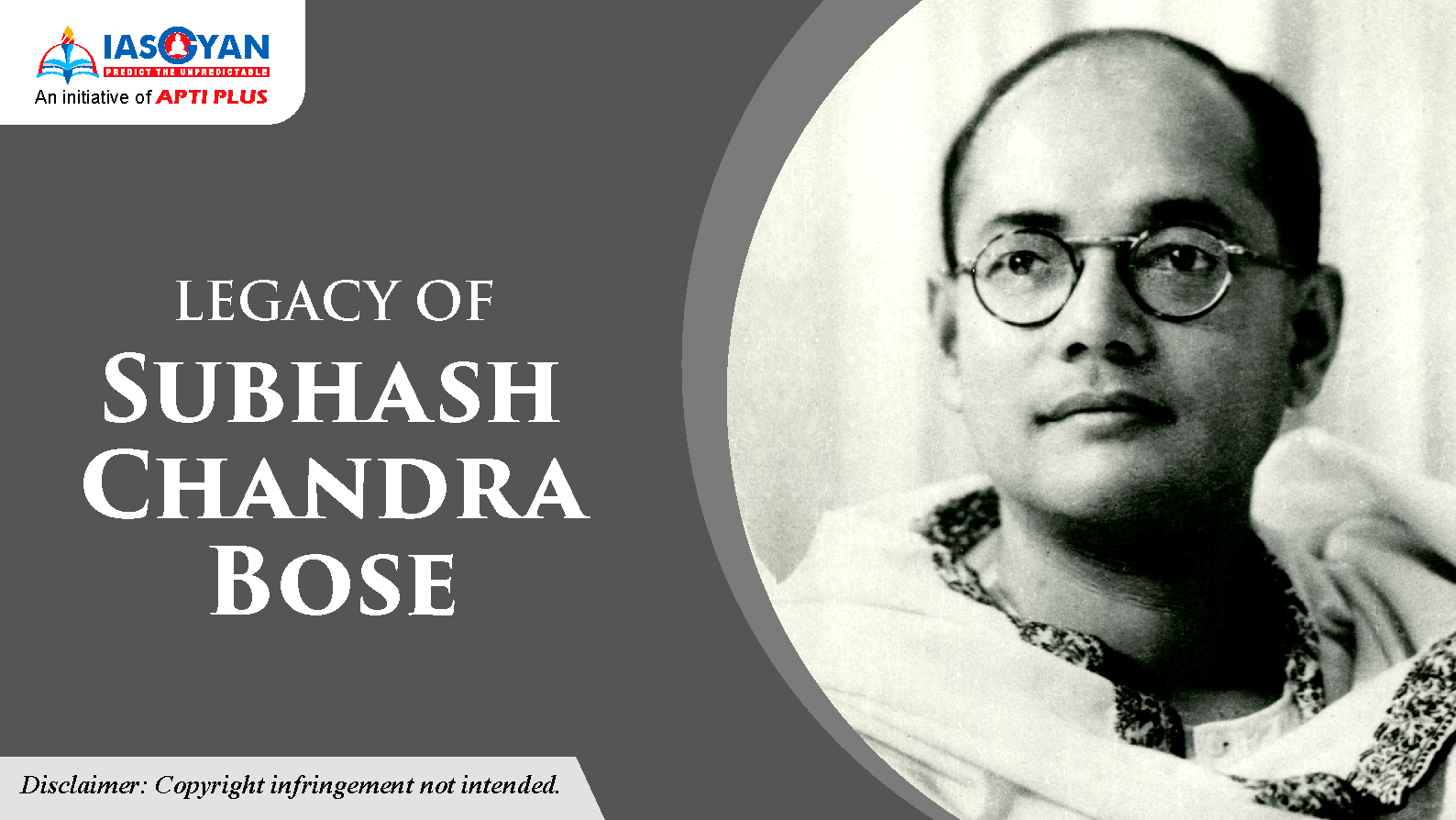




6.png)
7.png)
Against Casteism
Secularism
Impetus to “Unity in Diversity”
Champion of Women’s Rights
Education
Spiritualism
Within Congress
Forward Block
Collaboration with foreign countries

Ideology of Samyavada or Doctrine of Synthesis
Netaji and Indian Industrial Relations
Their differences
“Give me blood and I will give you freedom!”
“One individual may die for an idea, but that idea will, after his death, incarnate itself in a thousand lives.”
|
Recent Development Parakram Divas
|
© 2025 iasgyan. All right reserved